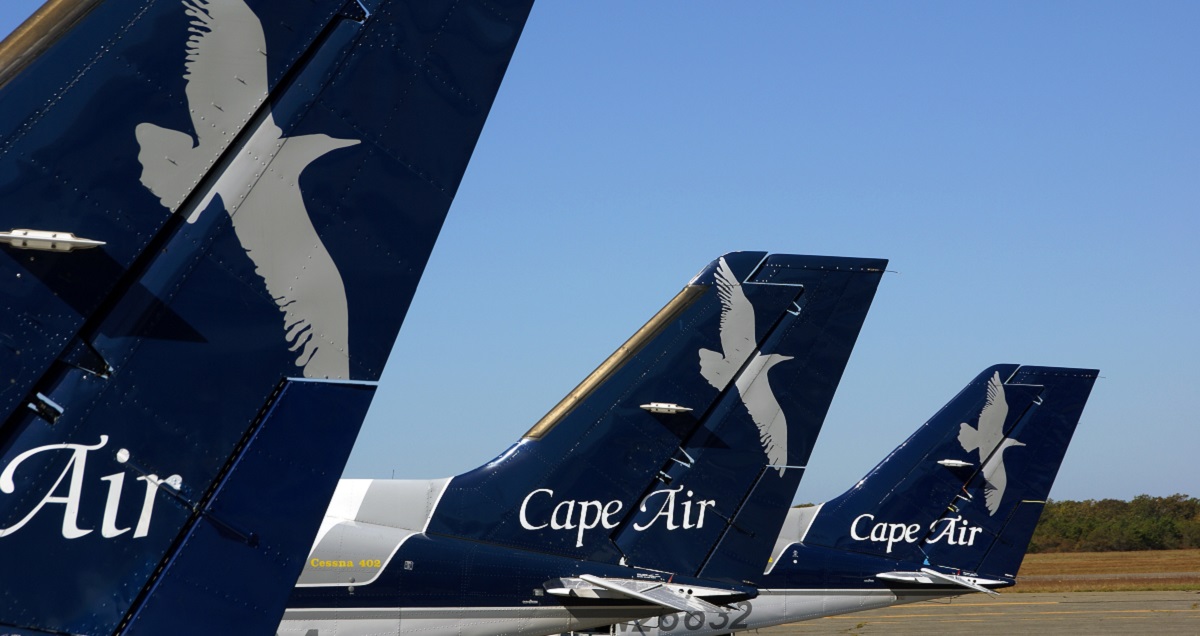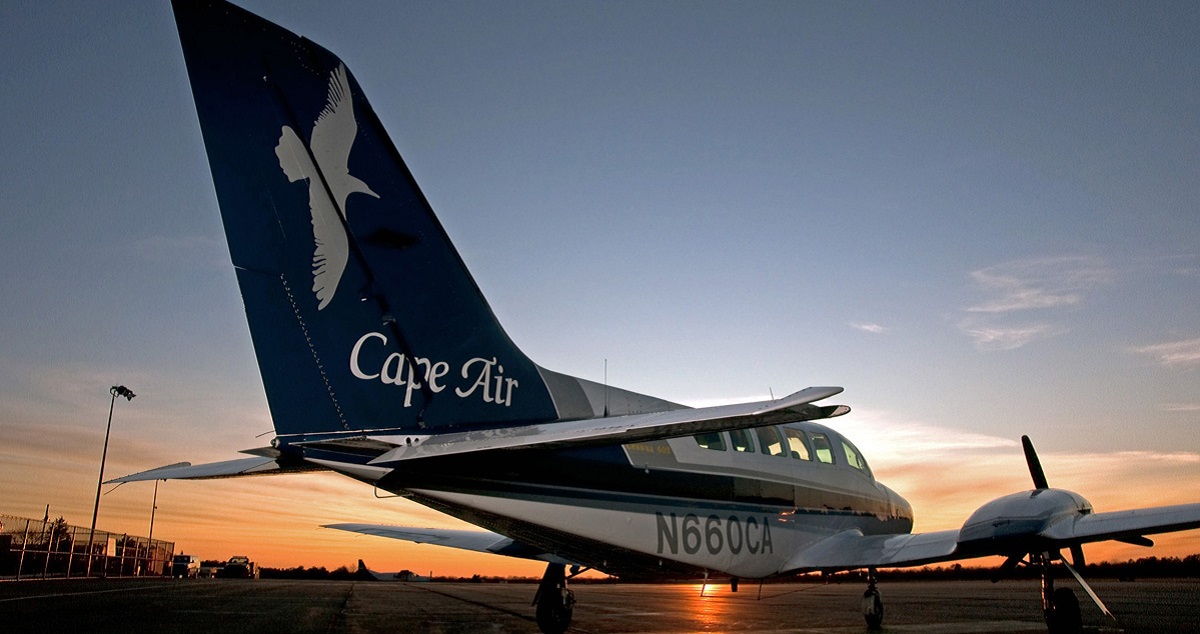Helen Hauck chats with Jim Wolf, Sustainability Program Director at Cape Air about their early adoption and continuing support of sustainability-focused business practices and initiatives.
An IFS customer since 2014, Cape Air operates a passenger plane service between travel hubs around the United States and the Caribbean. Using 9-seater planes and catering to professional and corporate clientele, Cape Air has been operating for nearly 30 years.
Jim has been at Cape Air for nearly 10 years, and in that time has been working tirelessly to spearhead sustainability initiatives within the company. Since his start at the company, Jim set a series of goals to achieve these initiatives, starting by encouraging buy-in from the very top of the company. As an early adopter, Cape Air set the example for the industry going forward, inspiring other companies to follow suit and take inspiration from their decisions.
The company has taken a seven-pronged approach to its sustainability mission. These ‘prongs’ include maximizing the sustainability of their facilities, reducing the impact or ‘burn’ of their fleet, and supporting their employees by offering subsidies for involvement in sustainable practices such as purchasing a new or used electric vehicle. Additionally, alignment with the communities and airports they work with was key, supporting and participating in the locally run projects at these locations.
A key driving factor in their efficiency and sustainability efforts is the capability that IFS Maintenix gives Cape Air to streamline admin and paperwork. By making these processes faster, and more digital, Cape Air can reduce their time spent on paperwork by at least 50%. Furthermore, in shipping and maintenance management, Cape Air has been given the ability to see a high-level prioritized view of their maintenance actives, improving time efficiency, cost-effectiveness, and saving on packaging.

Another exciting drive for the company has been to look to prepare for and adopt as much as possible a fleet of aircraft powered by electric propulsion. Small steps towards this end goal including the preparation of their planes to switch from Radar to GPS navigation, and the installation of digital fuel meters have helped to bring the emissions of their fleet down while the company supports and awaits the arrival of electric propulsion aircraft.
“The manufacturers realized our routes were the perfect place, where you could literally replace a piston-engine carbon burning airplane with a fully electric airplane in a commercially viable business solution, that would save operating costs, and also save the Earth.” Without range anxiety, and with smaller planes, Cape Air is perfectly situated to be an early adopter of a fully electric model.
“Hopefully, we’re going to see the prototype fly by the end of this summer.”
About Cape Air
Cape Air was born out of a passion for aviation and operates a fleet of 88 Cessna 402s and 4 Britten-Norman Islanders. A milestone was reached in September of 2019 with the arrival of Cape Air’s newest aircraft type – the industry-changing Tecnam P2012 Traveller. With up to 400 flights per day during high season, Cape Air carries over 500,000 passengers a year, making us one of the largest regional airlines in the United States.

Do you have questions or comments?
We’d love to hear them so please leave us a message below.